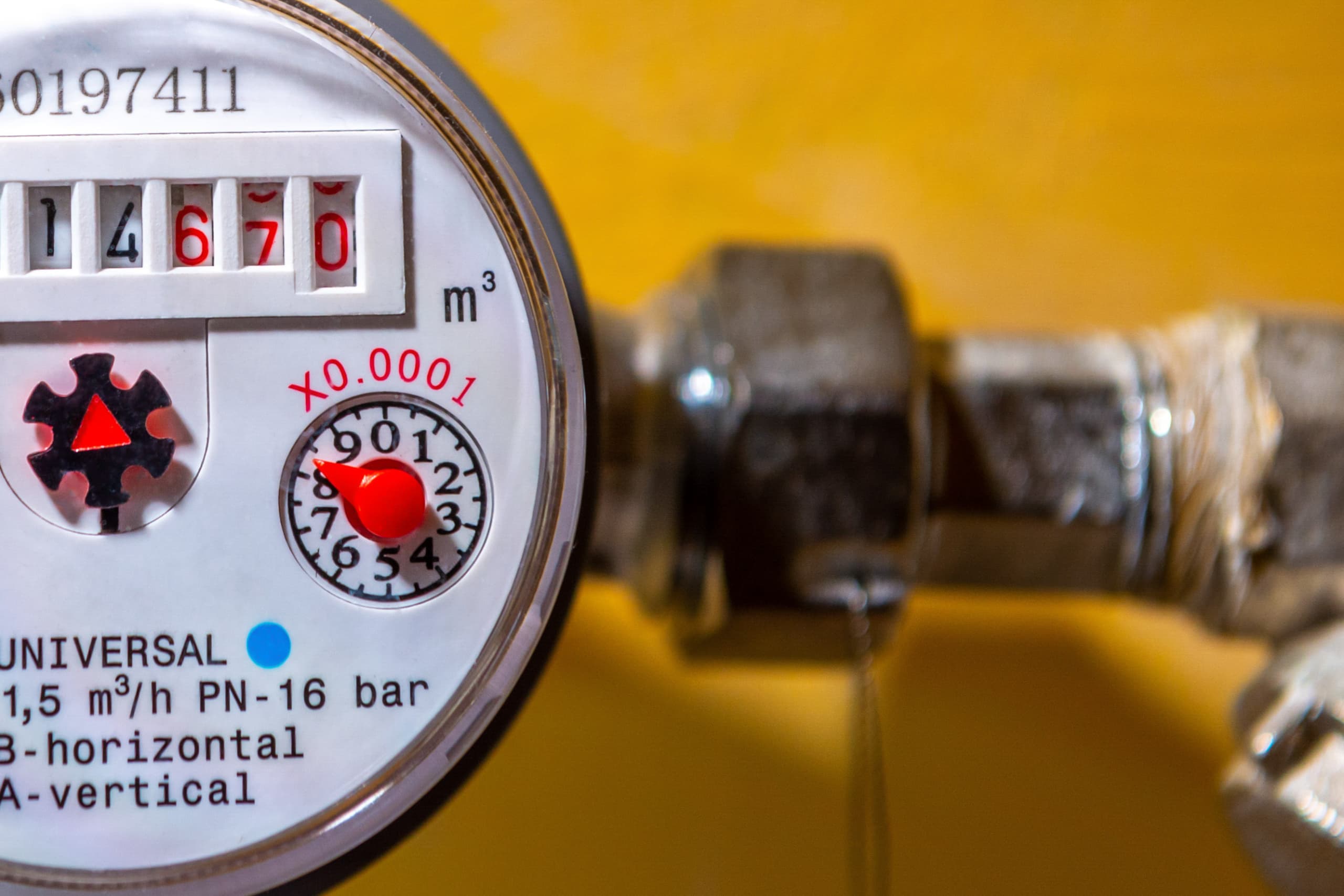5 common business water problems that could be costing you money
Nobody wants to be spending more than they have to on their utilities, but sitting down and reviewing it isn’t always a quick and easy task, and so it can be difficult to find the time to get round to. That’s one of the main reasons why so many businesses all over the UK end up paying over the odds for their business water supply – and yours could be one of them. If you think it might be, the good news is that you can often secure yourself better rates by switching your business water supplier.
Now, for most businesses, the issue of overpaying for water can often be traced down to a couple of key factors. So in that spirit, we’ve rounded up some of the most common business water problems that could be costing you money.

Fixed, default or legacy tariffs
If you’ve never reviewed your water supply before, or it’s been a good few years since you last did so, there’s a reasonably good chance you may be paying for water you don’t use. The most common reason for this is often to do with the tariff you’re on from your supplier. (Your supplier is unlikely to suggest that you review your water tariff, mostly because it’s rarely in their interests.)
It’s not uncommon for many businesses to stay on the same default water tariff from when they first moved into their premises, or started the business. Default tariffs are basic, off-the-shelf rates applied when no specific plan has been chosen. They’re rarely competitive and are designed more for administrative ease than to suit ongoing consumption.
By the same token, you may be on a fixed tariff, which offers predictable pricing because it relies on estimated usage, rather than actual consumption. That may be initially useful for budgeting, but it also means that if your usage falls, or if better deals become available elsewhere, you’re committed to a structure that no longer reflects your actual needs.
Then there’s legacy tariffs, which are older arrangements that have often been carried over for years without review. These may include outdated assumptions about usage or pricing structures that no longer reflect current market trends, or your specific circumstances – and ultimately, that can leave you out of pocket.
Hidden leaks
Leaks that aren’t immediately visible are one of the most costly and commonly missed causes of water waste. Underground pipes, joints behind walls, or old systems in low-traffic areas like basements or utility cupboards can all be leaking continuously without triggering alarms. Over time, even a small trickle can build up to a volume that directly increases your outgoings.
In industrial and hospitality settings, older appliances or dishwashing units can be especially prone to undetected leaks. Toilets with worn flush mechanisms and faulty ball valves are also frequent offenders. As well as increasing your water bills, they can also run the risk of damp, mould, and damage to building infrastructure. Some of the effects can be more indirect, too – this kind of water loss can affect the reliability of your usage data, which makes it harder to optimise your systems. A business water audit is often one of the most useful measures to identify hidden leaks.
Outdated infrastructure
Lots of organisations still rely on plumbing systems, fixtures and equipment that were installed years ago, sometimes as far back as decades. We’ve just talked about one of the main issues with outdated infrastructure above, but it’s worth noting that it doesn’t necessarily have to be leaking to still be causing you problems – namely in that the design itself may be wasteful or inefficient.
For example, toilets that use excessive water per flush, manual taps that are left running too long, or old dishwashers and washing systems designed to higher flow volumes – they all contribute to unnecessary usage. Long pipe runs, redundant supply routes and ageing valves can also all result in higher water use than needed for the task.
Missing usage patterns
If you don’t currently have any monitoring systems or oversight measures in place, that can result in missed opportunities to cut costs and support more sustainable practices. Without detailed tracking, it’s hard to tell whether certain departments or times of day account for disproportionate water use. These blind spots make it difficult to establish where efficiencies can be introduced with lasting results.
Then there are unusual trends, such as water usage spiking at night or during weekends when your premises are closed, which might go unnoticed without real-time monitoring. Similarly, if your business has seasonal fluctuations, you might find yourself saddled with unnecessarily high bills during quiet periods if you’re not able to adjust accordingly.
This is one of the main reasons why smart metering is so highly recommended – it provides a complete picture of consumption, highlighting both anomalies and consistent patterns. This data enables better decision-making, such as adjusting cleaning schedules, staff routines, or equipment usage to drive down waste and unlock savings.
Auto-renewing contracts
This ties in very closely to our point about default tariffs, above – namely in that many businesses are automatically rolled into contract renewals with little warning, locking them into another term with suboptimal rates. Most of the time these contracts are designed for convenience rather than necessarily maximum value, with the assumption that you’d rather save time and effort by letting your contract roll over than sit down and go through it with a fine-tooth comb. And in fairness, that may well have been a fair assumption at the time – but again, it can end up costing you money.
Rollover contracts can include higher standing charges, increased unit rates, or restrictive terms that limit your ability to make changes without penalty. One thing you’ll want to make note of is your notice period, and whether you’re entitled to renegotiate or switch. Setting digital reminders can be useful for keeping note of contract expiry dates, and lots of business owners choose to appoint someone within the business to take responsibility for utility contract management.
Now, we should highlight that this is not an exhaustive list – but it can be useful starting point to start mulling over your situation. And of course, that’s exactly where we can help here at The Business Water Shop. With a network of trusted suppliers at our disposal that spans across the UK, we’re perfectly positioned to get you the most competitive water quotes for your business. In fact, we’re able to save some customers up to 55% on their water bills, and you can count on us to use all our resources and industry expertise to get you the best deal.
It only takes a few minutes to get your online quote – so if you’re thinking about switching your business water suppliers, there’s never been a better time to do it!



 Excellent 5* Rating
Excellent 5* Rating



